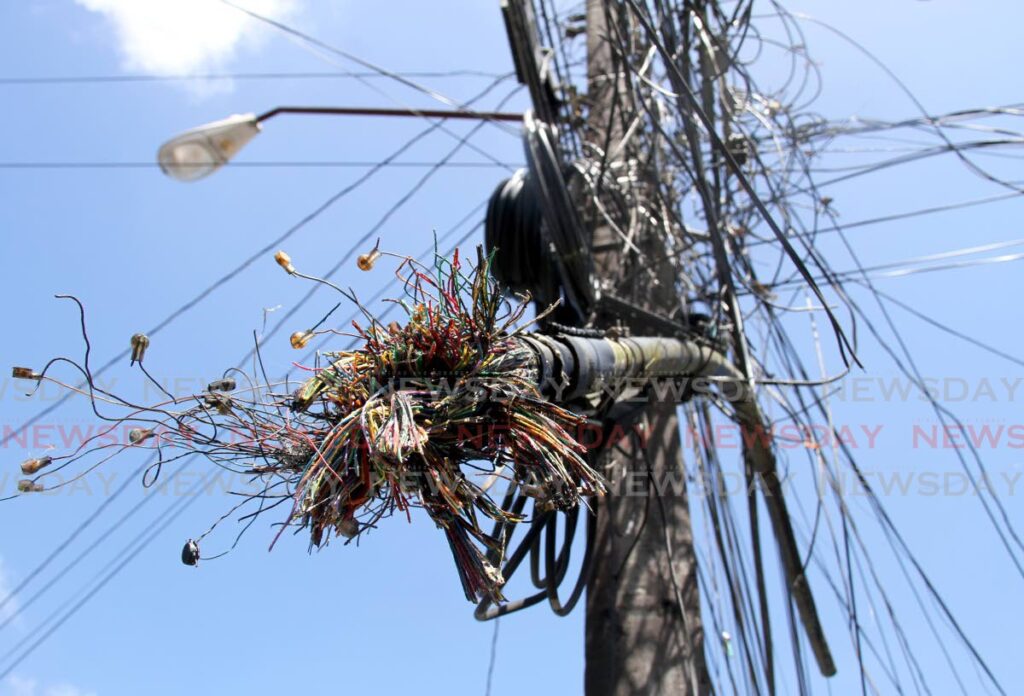No cop-out on copper

The Downtown Owners and Merchants Association (DOMA) is right to be worried about the increase and boldness of copper theft, which is now affecting Port of Spain businesses that are losing copper lines and tubes attached to air conditioning units to the illegal trade.
DOMA issued a statement on Thursday that noted among other things that an entire 24,000 BTU unit was taken from a business. When stolen copper lines are replaced, it said, thieves return and steal them again.
TSTT issued a strongly worded warning in May to copper thieves after experiencing a run of thefts of copper lines. But the telecommunications company noted that despite police action that brought 161 people to court for stealing copper cable, and the risk involved in removal of the cabling, by people unqualified to do so safely, TSTT continues to suffer a significant increase in copper line theft.
Why is is happening increasingly? A November 2021 report by Newsday on the scrap-iron industry noted that copper sells for export recycling at a rate of between $19 and $21 per pound. The price of copper has risen 125 per cent since March 2020 as copper mining and production slowed and demand rose.
That report also described a business regulated by the outdated Old Metal and Marine Stores Act of 1904, which holds as many as 130 licensed scrap-metal dealers to very general rules of operation and does not govern the activities of scrap-metal collectors.
Copper is only an attractive target for theft if there is a ready market for stolen goods, and theft of the metal is not only a problem in TT. In the US, since 2013 the FBI has been tracking the increase in copper theft, which it describes as threatening the country's infrastructure. Copper theft in the US has been estimated by the Department of Energy to cost as much as US$1 billion a year.
This month, Public Utilities Minister Marvin Gonzalez lamented the theft of copper pipes and brass fittings from WASA, which are often crudely removed, leading to utility outages.
Mr Gonzales is right to describe the widespread thefts as “madness,” but continuing to talk about the problem and threaten brazen thieves is another kind of lunacy.
Some of the most progressive ideas about the problem have come from Allan Ferguson, head of the Scrap Iron Dealers Association, who called for a shutdown of sales of scrap copper to prevent and investigate the theft of material.
An industry-wide rejection of copper coils from air conditioning units and copper cabling without proper papers to establish their provenance would be a good place to start.
The most successful efforts at reducing copper theft have proven to be a mix of anti-theft measures and collaboration between the police and recyclers to identify and reject trade in suspect material.


Comments
"No cop-out on copper"